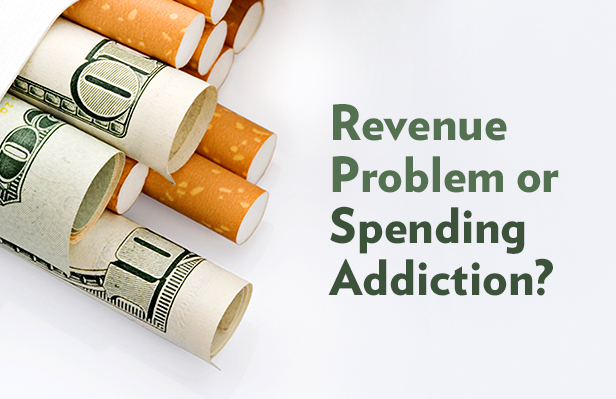Media

Pennsylvania’s Sin Tax Addiction
Pennsylvania’s excess of excise—or so-called “sin”—taxes was the subject of a recent story in The Philadelphia Inquirer. The piece focused on the amount working people pay in taxes on alcohol, gambling, tobacco, and e-cigarette products.
If you remember back to 2016, Nate wrote about the state’s heavy reliance on these taxes. As the Inquirer’s Justine McDaniel reports, the trend has appeared to accelerate:
The state recently has jacked up levies on cigarettes, tobacco products, and e-cigarettes. With an exceptionally high tax on casinos, the state is second only to Nevada in gaming revenues. And Pennsylvania is one of three states that owns its liquor stores; it also adds taxes on the booze they sell and instituted some price hikes this summer.
Excise taxes tend to target specific constituencies, typically lower income families, rather than a broad swath of the population. This makes such tax hikes more politically palatable, but still harmful. Case in point is the 40 percent retroactive tax the legislature slapped on e-cigarette shop owners last year. Since then, approximately one-third of these shops have gone out of business.
Targeted tax increases are not a solution to Pennsylvania’s financial problems. Neither are broad-based tax increases. That's because neither addresses the real issue: overspending. If the legislature does not embrace spending reforms, expect a continued reliance on regressive excise taxes and a broad-based tax increase.
To avoid needless and unfair pain, the legislature can start working on spending reforms right now. They don’t have to wait until next June. And it’s better if they don't. The commonwealth’s problems are complex and will require deliberation and debate.
Now is the time to begin embracing innovation in state government.